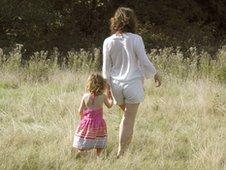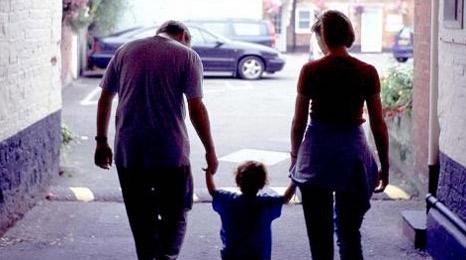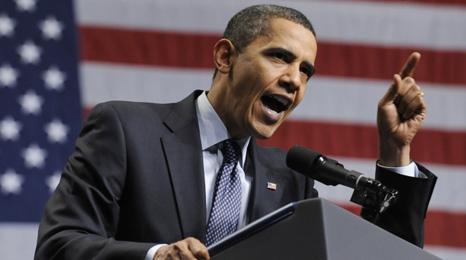Single parents 'aren't benefit scroungers'
- Published

Six out of 10 single parents do work, according to new research
A campaign's started to try to improve the image of single mums and dads.
The charity Gingerbread reckons they have a bad reputation as benefit scroungers, when new research suggests around 60% do work.
There are now calls for more to be done to change the perception with the latest statistics showing 83% of single parents believe they're portrayed in a bad light.
And although they're often thought of as being very young only two per cent of single parents are teenagers, with the average age actually 36.
The leaders of the three big political parties say they'll help and for the politicians, getting people back to work is a key election issue.
They all want to help single parents and they think the best way to do that is to try to get them back to work.
Everyone agrees that so-called "worklessness" is bad for a family.
Political pressure
The main difference is over the treatment of married and single parents.
The Conservatives want to encourage people to get married with their leader David Cameron saying he "hopes to recognise marriage in the tax system".
There's no figure yet on how much it will cost but they say they want to give some kind of tax break to married couples.
Labour doesn't like that idea and thinks all parents should be treated equally.
For people who say they can't afford to work, both parties agree in general that getting lone parents earning again, in the workplace, is the key.
The Labour government has dropped the age of a youngest child at which parents can claim income support from 16 to 10.
It will go down again this year to seven with the aim to offer help with money to get parents back into work sooner.
The Liberal Democrats are yet to come up with specific policies on lone parents other than more general reforms to protect working parents who find they have to pay back some of their tax credits.
- Published18 February 2010

- Published2 November 2009

- Published17 July 2009